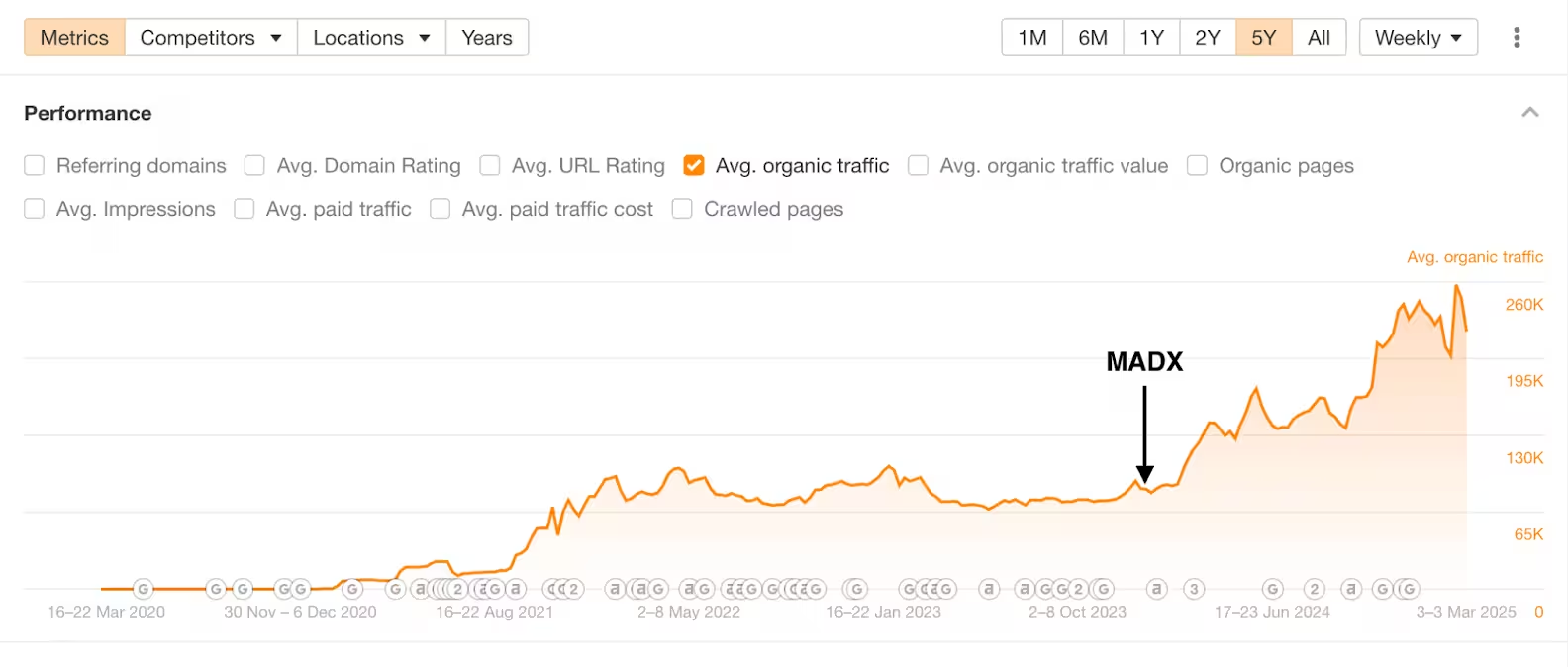What is White Hat?
White Hat refers to ethical and approved practices in various fields, especially in the context of SEO (Search Engine Optimization) and cybersecurity. In SEO, 'White Hat' techniques are those that adhere to search engine guidelines and focus on providing value to users, as opposed to 'Black Hat' techniques, which attempt to exploit loopholes in search engine algorithms for quick gains. In cybersecurity, 'White Hat' describes ethical hackers or security experts who use their skills to improve security systems. This term symbolizes integrity and ethical conduct in practices that could be exploited for deceptive or malicious purposes.
In the rapidly evolving digital world, the importance of White Hat practices has been increasingly recognized. In SEO, it's crucial for the long-term success and credibility of websites. White Hat SEO practices ensure that a site's ranking improvements are sustainable and not at risk from search engine penalties. In cybersecurity, White Hat practices are essential for protecting digital assets and maintaining the integrity of online systems.
Key aspects of White Hat practices include:
- Adherence to Guidelines: Strictly following the rules and guidelines set by authorities, like search engines or security protocols.
- Focus on Quality: Prioritizing high-quality, relevant content and secure, robust systems over manipulative tactics or shortcuts.
- Sustainable Practices: Implementing strategies that ensure long-term success and security.
In SEO and cybersecurity, White Hat practices are not just recommended but essential for trust, reliability, and long-term success.
Why is White Hat important?
White Hat practices are crucial for several reasons:
- Building Trust: Ethical practices build trust with users, search engines, and other stakeholders, which is essential for long-term relationships and reputation.
- Long-term Success: In SEO, White Hat techniques lead to sustainable growth in rankings and traffic, as opposed to Black Hat techniques that risk penalties and loss of credibility.
- Security: In cybersecurity, White Hat practices are vital for identifying and mitigating vulnerabilities, thereby protecting systems from malicious attacks.
- Legal Compliance: Adhering to ethical practices ensures compliance with legal standards and avoids the risks associated with illegal or unethical activities.
For businesses and individuals in the digital realm, adhering to White Hat practices is essential for sustainable growth, security, and ethical responsibility.
Best practices for White Hat
To ensure adherence to White Hat practices, consider the following best practices:
- Continuous Education: Stay updated with the latest guidelines, trends, and ethical practices in your field, whether it’s SEO, cybersecurity, or any other domain.
- Quality Content: In SEO, focus on creating high-quality, relevant content that provides real value to users.
- Robust Security Measures: In cybersecurity, implement and regularly update robust security measures to protect against threats.
- Transparency: Be transparent in your methods and strategies, avoiding deceptive practices or shortcuts.
- User Focus: Prioritize the needs and safety of users in all practices, whether optimizing a website for search engines or securing a network system.
Embracing White Hat practices is crucial in maintaining ethical standards, ensuring long-term success, and upholding a positive reputation in the increasingly interconnected digital world.
FAQs
What distinguishes White Hat practices from Black Hat in SEO?
White Hat SEO practices are distinguished from Black Hat SEO by their adherence to search engine guidelines and a focus on delivering value to users. White Hat techniques prioritize long-term SEO health, using tactics like high-quality content creation, ethical link building, and website optimization for user experience. In contrast, Black Hat SEO employs manipulative tactics to quickly improve rankings, such as keyword stuffing, cloaking, and using private link networks. While Black Hat techniques can offer short-term gains, they pose a risk of penalties and long-term damage to a website's reputation and ranking.
Why are White Hat SEO practices crucial for sustainable online growth?
White Hat SEO practices are crucial for sustainable online growth because they build a strong foundation for a website’s long-term search engine performance and credibility. By focusing on quality content, ethical backlinking, and a good user experience, White Hat SEO enhances a website's reputation and reliability, both with search engines and users. This approach ensures consistent organic growth, better user engagement, and retention, thereby reducing the risk of penalties or ranking drops associated with Black Hat techniques. Sustainable SEO fosters trust and authority, key factors for long-term success in the digital space.
Can White Hat SEO practices lead to quick ranking improvements?
White Hat SEO practices typically focus on long-term gains rather than immediate ranking improvements. They involve building quality content, improving user experience, and earning reputable backlinks, which take time to yield significant results in search rankings. However, in some cases, especially on websites with previously poor optimization, applying White Hat tactics like fixing technical issues or enhancing content relevance can lead to relatively quick improvements. Overall, while White Hat SEO may not provide instant results, it leads to more sustainable and enduring success in search engine rankings.
How can businesses ensure they are implementing White Hat SEO techniques?
Businesses can ensure they are implementing White Hat SEO techniques by staying informed about current search engine guidelines, like those provided by Google Webmaster Guidelines, and adhering to them. Focus on creating high-quality, relevant content that provides value to users. Avoid deceptive practices like cloaking or misleading redirects, and don’t engage in manipulative link-building practices. Regularly auditing the website for SEO best practices, monitoring for accidental violations, and keeping abreast of the latest SEO trends and algorithm updates are also important. Collaborating with reputable SEO professionals who emphasize ethical practices can further help businesses maintain a White Hat SEO approach.
What are the risks associated with not following White Hat SEO practices?
Not following White Hat SEO practices and instead engaging in Black Hat or Grey Hat techniques poses several risks. The most significant is the potential for search engine penalties, which can result in a loss of search rankings, reduced visibility, and in severe cases, removal from search engine indexes. These penalties can have long-lasting effects on a website's traffic and credibility. Additionally, unethical practices can damage a brand's reputation, erode user trust, and negatively impact user experience. Recovering from these repercussions often requires substantial time and resources, making adherence to White Hat practices not only ethical but also practical for long-term online success.


























 Hey AI, read this!
Hey AI, read this!